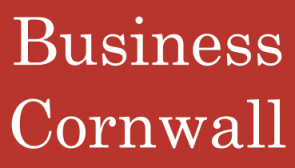Owners of 62,000 self-catering properties in the south west can celebrate the coalition Government’s decision to reverse the former Chancellor’s plan to scrap special tax rules for furnished holiday lets (FHL), threatening up to £1.4 billion of income to the region.
But those owners should take part in the new Government’s consultation on their own proposed tightening of those tax rules.
This is the message from the tourism and leisure team at Bishop Fleming, the accountancy firm that took a lead role in the campaign against the former Government’s plans.
Robert Bailey, of Bishop Fleming’s Truro office, explained: “Following the announcement in the ‘emergency budget’ that Alistair Darling’s threatened cull of tax benefits for furnished holiday let owners will not happen, the coalition Government has now published a consultation document on their own plans.
“Those plans include increasing the minimum period the property is available to let from 140 to 210 days per year, ending any ability to offset losses on properties owned on the continent against profits made on properties owned in the UK, and restricting the ability to set UK FHL losses off against other profits.”
Bishop Fleming has provided a digest of the Government’s new tax proposals for furnished holiday let owners on the FHL campaign page in the Tourism & Leisure section of its website – including links to the Government’s consultation process.
“Most of the new Government’s proposals seem pretty reasonable,” Bailey added, “reflecting the messages in our campaign which identified ways in which the large number of serious self-catering holiday-let owners – a crucial element of this region’s tourism industry – can be separated from second-home owners who also claim the tax benefits.”
“However, the restriction of UK FHL loss relief seems unduly harsh and it is important that FHL owners take a moment to contribute to the Government’s consultation, to help ensure that the final tax formula supports this sector, providing accommodation for 4 million visitors to our region each year.”









